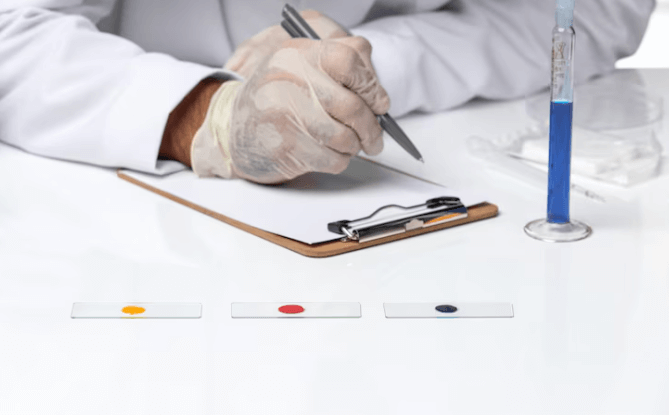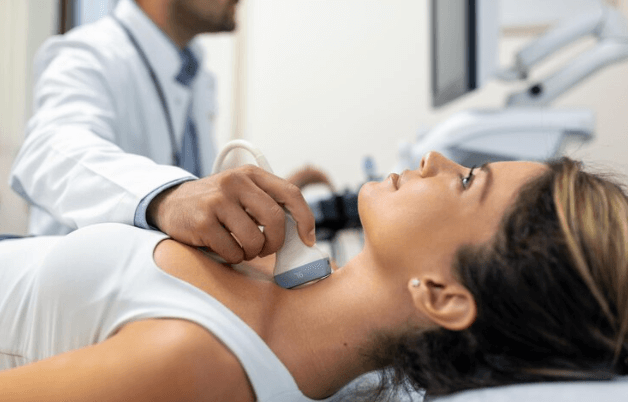
How Often Should You Get an HbsAg Test? Key Insights
Taking charge of your health can sometimes feel overwhelming, especially when it comes to understanding what tests you need and how often you should get them. One such test is the HbsAg test, which plays a crucial role in detecting hepatitis B infections. But how often should you take this test? Let’s explore.
What Is an HbsAg Test?
Before diving into frequency, let’s quickly cover what the HbsAg test is. HbsAg, or Hepatitis B surface antigen, is a protein found on the surface of the hepatitis B virus (HBV). The test detects the presence of this protein in your blood, indicating an active or chronic infection. It’s often the first step in diagnosing hepatitis B.
For instance, imagine a working professional like Aisha, who recently felt constantly fatigued and had yellowish skin. Her doctor recommended an HbsAg test, and it revealed a hepatitis B infection, prompting early intervention.
How Often Should You Get Tested?
The frequency of an HbsAg test depends on your health status, lifestyle, and risk factors. Below are some common scenarios:
1. For General Screening
If you’ve never been tested and are unsure of your hepatitis B status, it’s a good idea to get screened at least once, especially if:
- You live in or travel frequently to regions with high hepatitis B prevalence.
- Your job involves healthcare or handling blood.
Screening just once can give you peace of mind and a clear understanding of your health status.
2. For Those at Higher Risk
Certain groups may need regular testing:
- Pregnant women: An HbsAg test is typically done during the first trimester to prevent mother-to-child transmission.
- People with high-risk lifestyles: This includes individuals with multiple sexual partners or a history of intravenous drug use. Regular testing every 6–12 months may be recommended.
Take Ravi, a 35-year-old IT professional, for example. After learning that his father had hepatitis B, he decided to get tested every year to stay vigilant about his own health.
3. If You’ve Had Prior Exposure
If you’ve been in close contact with someone who has hepatitis B or had an accidental needle stick, you should get an HbsAg test immediately. Follow-up testing may also be advised to monitor your status.
Why Regular Testing Matters
Early detection is key to managing and preventing hepatitis B complications. Chronic infections can lead to liver damage, cirrhosis, or even liver cancer. Regular testing ensures that you stay one step ahead and receive timely treatment, if needed.
Also Read- Why Doctor Recommend a Urine Routine Test
Practical Advice for Managing Your Health
- Discuss with your doctor: If you’re unsure about your risk factors, a quick consultation can help tailor a testing schedule for you.
- Incorporate testing into your routine checkups: Pairing the HbsAg test with your annual health screenings can make it easier to remember.
- Spread awareness: Encourage family and friends to get tested, especially if they fall into higher-risk groups.
Final Thoughts
The HbsAg test is a simple yet powerful tool in safeguarding your liver health and preventing long-term complications. Whether you’re getting tested for the first time or scheduling follow-ups, knowing when to act is vital.
Remember, taking small steps today, like getting tested, can lead to big health benefits tomorrow. Be proactive, stay informed, and encourage those around you to do the same!



